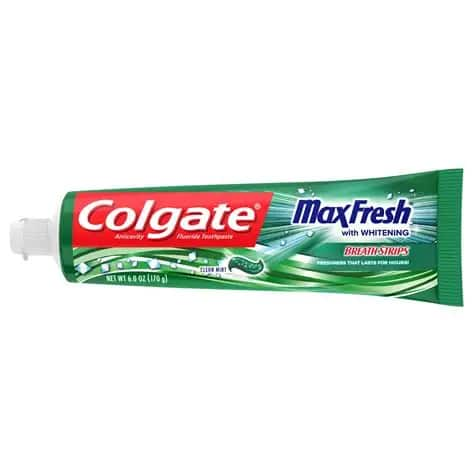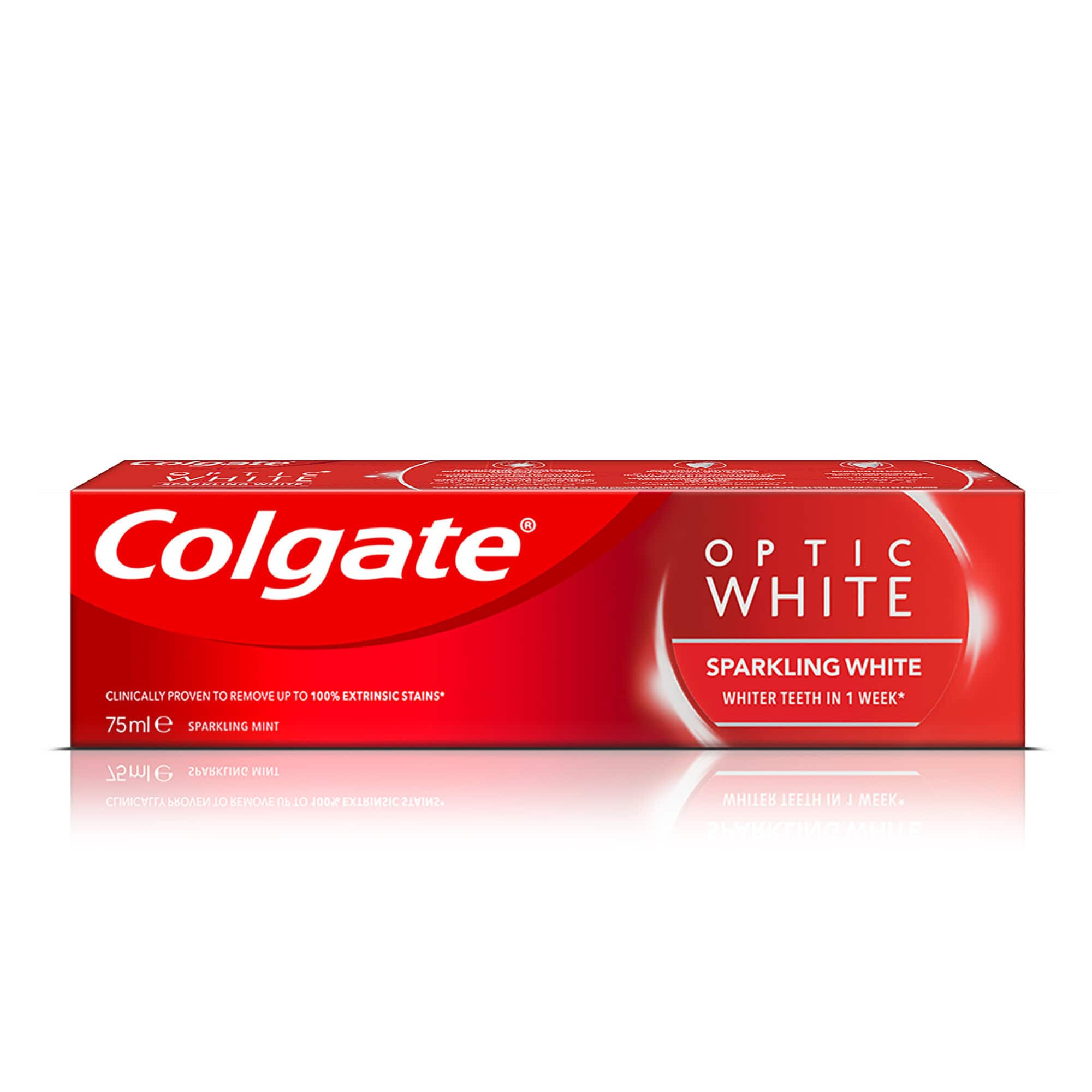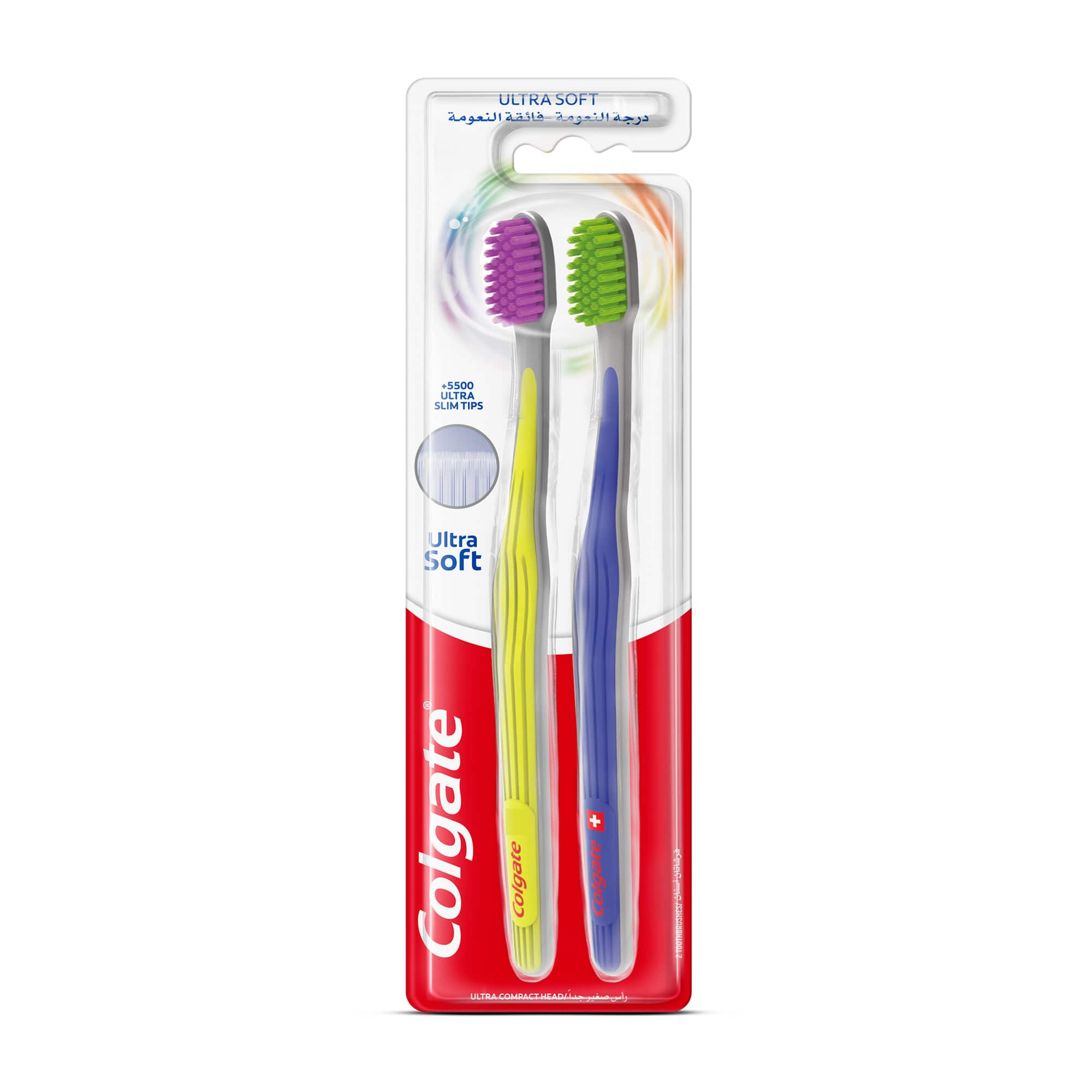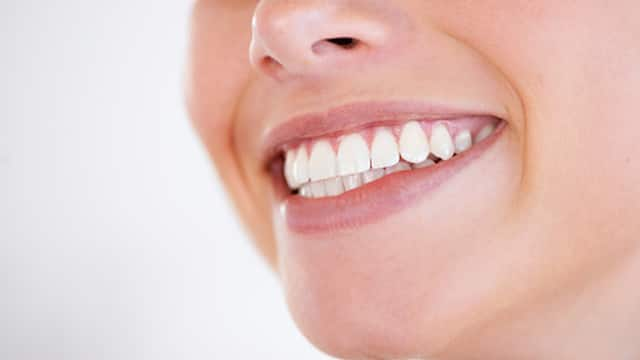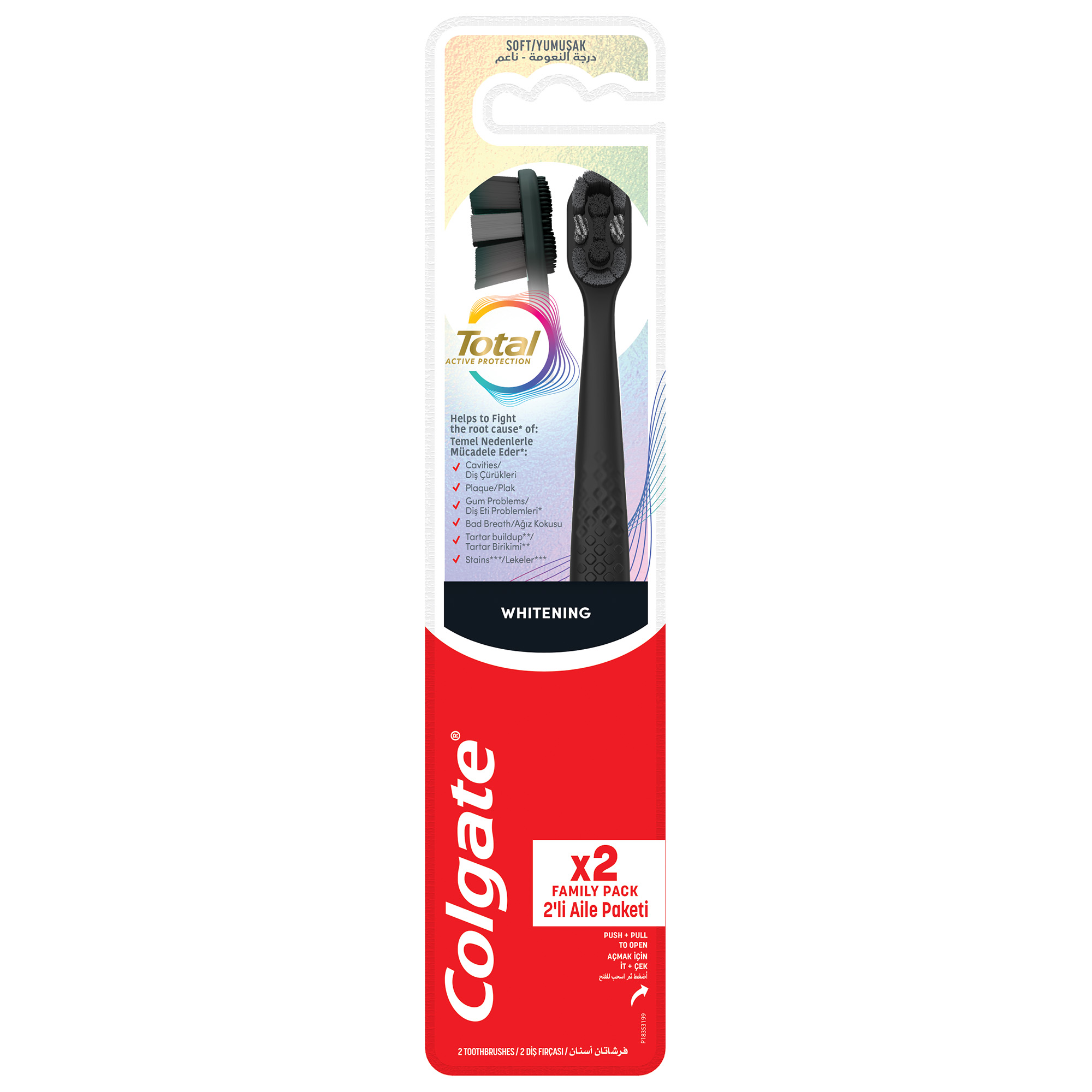Common Causes of Toothaches
Your teeth and mouth are vulnerable to many issues that cause toothaches:
- Sharp pain or a dull ache may accompany a cavity.
- You might mistake intense sinus pressure for a painful toothache. Mucous accumulation in your sinuses can create pressure on one or more of your upper teeth.
- Gingivitis, which can lead to gum disease, can create areas that are sore around your teeth and gums.
Over-the-Counter Toothache Medicine
Depending on your symptoms, over-the-counter (OTC) medicine and temperature treatments are some ways you can help ease toothache pain while you're awaiting professional care.
Benzocaine is a topical anesthetic that temporarily soothes and relieves pain on the treated area. When spread over teeth and gums, the numbing sensation can decrease sore gum pain, the pang of a toothache and sinus-related toothache pressure. However, according to the American Dental Association, benzocaine should not be used for children younger than 2 years old.
Nonsteroidal anti-inflammatory drugs (NSAIDs) are a safe way to alleviate tooth pain from cavities, gum disease or sinus pressure in the short-term. Some NSAIDs are available OTC. They not only cut the sharp pain accompanying a cavity, but also help reduce inflammation, per the Cleveland Clinic. You can decrease your inflammation, a painful symptom of sinusitis, gingivitis and abscessed teeth, with aspirin, ibuprofen or naproxen. However, NSAIDs shouldn't be used for more than 10 days without talking to your doctor.
Whereas NSAIDs act as a pain reliever and an inflammation and fever reducer, acetaminophen works as a pain reliever and fever reducer but doesn't treat inflammation, says the Food and Drug Administration. Because of its pain-relieving properties, acetaminophen is a good first line of pain defense for the sharp twinge accompanying the onset of a cavity as well as the extended throbbing that can often follow.
Home Remedies for Treating Oral Pain
Oftentimes, medicinal home remedies can help decrease pain in conjunction with OTC pain medicine.
When sinus pressure leads to a toothache, try a hot, steamy shower to help loosen the mucus buildup in your cheeks and relieve pressure on your teeth. Likewise, keep a cold ice pack on hand to numb the feeling of pressure on your upper teeth.
As an alternative to benzocaine, you may want to try clove oil, another numbing agent. You can apply clove oil directly on your pulsating tooth abscess or inflamed gums to bring quick relief.
Solution for Long-term Relief
If you feel your tooth beginning to ache or your gums becoming sore, pain relievers are only a stopgap until you can see your dentist. Keep in mind that delaying treatment may only worsen the underlying condition. Maintain your dental health by brushing twice daily with a toothpaste that can repair early teeth and gum damage, flossing once per day, and scheduling six-month checkups to catch potential problems before they become painful.
This article is intended to promote understanding of and knowledge about general oral health topics. It is not intended to be a substitute for professional advice, diagnosis or treatment. Always seek the advice of your dentist or other qualified healthcare provider with any questions you may have regarding a medical condition or treatment.
